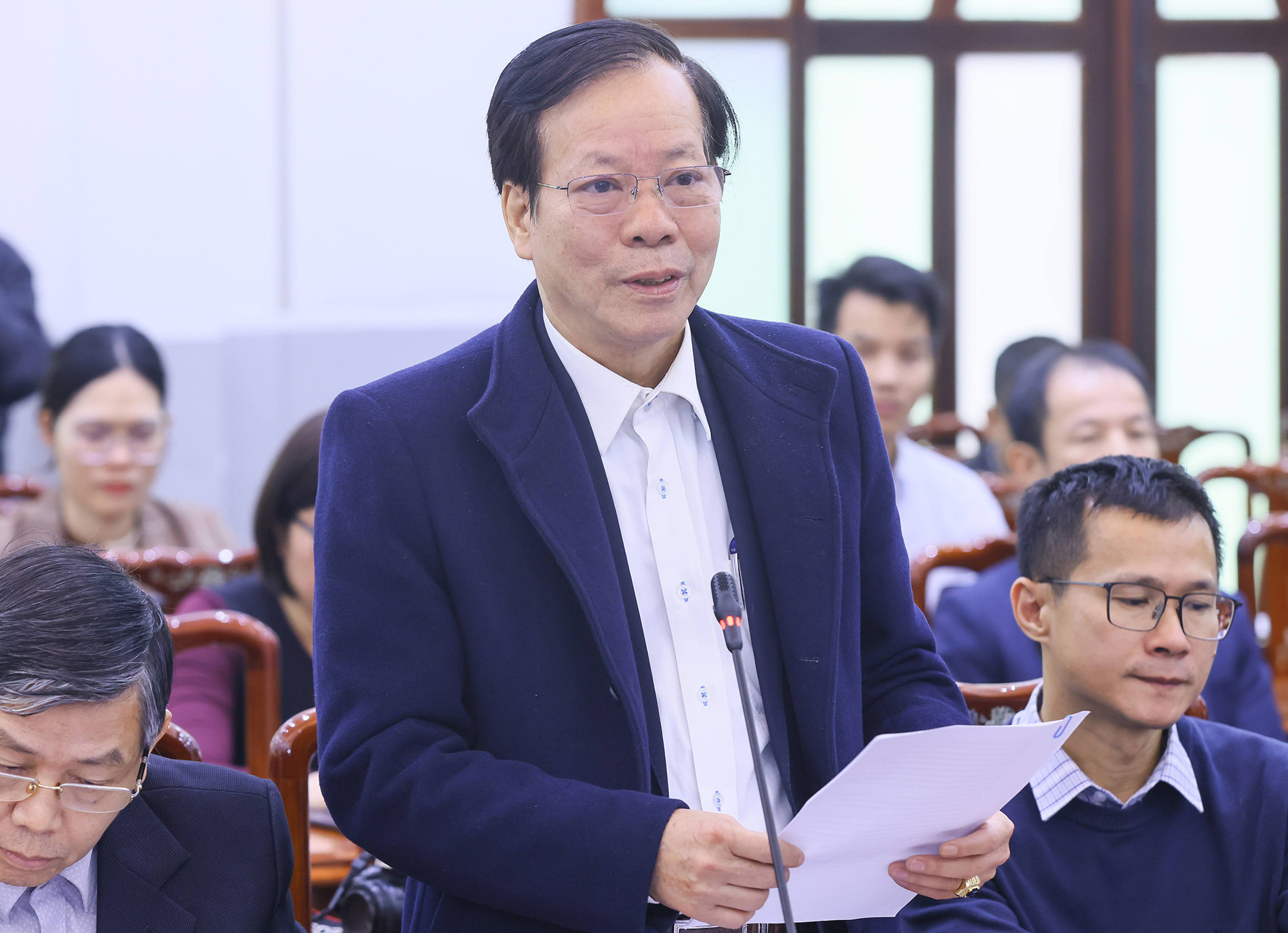
The Vietnam Fatherland Front on March 12 organized a conference on the draft of the amended Law on Cultural Heritage.
Prof Dr Tran Ngoc Duong said other countries with developed culture industry have been doing well turning heritage sites into commercial products which bear their national character.
The revival and promotion of ancestors’ cultural values need to be clearly stipulated in the law. This aims at laying down a legal framework for creative activities in promoting the values of cultural heritage.
Duong said that there are still many unclear issues: Will the derivative heritage created during the research based on cultural heritage belong to the community or researchers/creators? How much content is under copyright protection?
The issues remain controversial because there is no legal framework to protect researchers and creators’ rights. The Law on Cultural Heritage must cover the issues.
A lot of issues have arisen in the digital era and cooperation between cultural heritage and technology have accelerated the formation of new concepts, such as digital heritage and derivative heritage.
Studying the issues and making digital heritage an official concept in the Law on Cultural Heritage, and promulgating regulations on investment policies and copyright policies will encourage digital products so that cultural heritage sites can engage in promotion.
Duong said th rights, obligations and responsibilities of cultural heritage owners, for example, are completely different from the rights, obligations and responsibilities of people who are not the owners.
Truong Minh Tien, chair of the Hanoi UNESCO Association, mentioned the issues related to cultural heritage ownership, ownership by the people, and common and private ownership.
According to Tien, cultural heritage is an asset, whose ownership is established with a representative. It is still unclear who the representatives are in the case of ownership by the entire people of cultural heritage, especially communal relics and pagodas that are places of spiritual and cultural activities in villages and hamlets.
Tien said it is necessary to clearly specify ownership representatives in the law. Since there is no legal regulation on the issue, agencies, communities and the public are confused in managing, protecting, improving and promoting heritages’ values. In many localities, people arbitrarily repair relics and accept worship objects.
He strongly recommends that agencies need to take serious measures in determining the rights to own and trade antiques so as to stop the theft of antiques at relic sites..
Nguyen Xuan Nang, former Director of the Vietnam Military History Museum, recommended that it is necessary to classify antiques into different groups of relics, antiques and national treasures.
According to Nang, Vietnam now has 300 artifacts which are national treasures. It is necessary to consider these as assets with special values. The treasures are rare and precious, which must not be traded both overseas and in Vietnam.
As for antiques, it would be better to prohibit trade of antiques overseas, but allow trade in Vietnam. In fact, the auctions of antiques are organized regularly in many localities.
Meanwhile, the relics which are not labeled as rare and precious and don’t have special values should be allowed to be traded both overseas and in the country.
Thu Hang